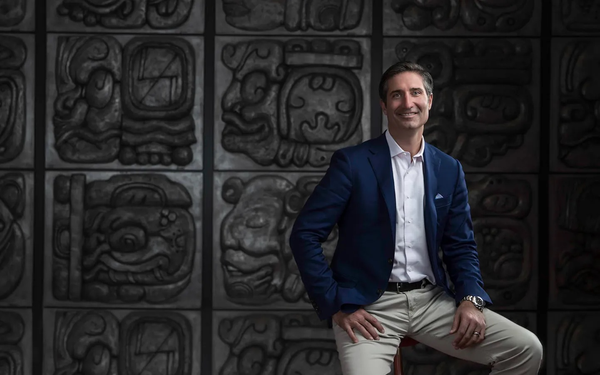
There’s a whole lotta (leadership)
shakin’ going on at two of the world’s largest and hottest coffee and fast-casual brands. As announced by Starbucks yesterday, the chain has brought on Brian Niccol as chairman and chief
executive officer, replacing Laxman Narasimhan, who held the helm for just over a year. Niccol will be leaving his role as CEO of Chipotle, which he had since 2018.
“Analysts and
investors largely cheered the move with Starbucks’ stock soaring more than 21 percent in morning trading,” reported The New York Times after the announcement, citing Starbucks’
“slowing sales for its lattes and Frappuccinos, a slumping stock and agitation from activist investors,” as the reason for the “the abruptly ousted … chief
executive.”
advertisement
advertisement
Chipotle later said in a statement that Niccol is leaving Aug. 31, and that the chain’s chief operating officer, Scott Boatwright, will become its interim CEO.
Since Niccol joined Chipotle five years ago, CNN reported that he helped “turn around the chain from
an E. coli nightmare that hospitalized 22 people. He’s expanded the menu, improved its digital ordering plus rewards program and its stock is up more than 800%.”
Niccol faces far
larger and deeper challenges at Starbucks, which has 38,000 stores worldwide compared to Chipotle’s largely U.S.-based chain of 3,500 restaurants, as reported by the Associated Press. Customers are inflation-weary, and Starbuck’s drinks aren’t
cheap.
As reported by ABC News, Starbucks — along with other
big brands like McDonald's — is confronting U.S. consumers who are increasingly looking for value and deals. Niccol will have to convince drinkers that a medium Starbucks iced coffee — now
more than $5 in Manhattan — is worth paying for.
Nancy Tengler, CEO of Laffer Tengler Investments (which owns shares in Starbucks and Chipotle) told the AP, “I will pay $9 for a burrito. I’m not sure I’m going to pay $9 for a cup
of Venti shaken espresso.”
“We’re particularly encouraged by Niccol’s sterling restaurant industry track record and favoravble timing, the lack of which hampered a
forgettable run by Narasimhan that began in April 2023,” commented Morningstar analyst Sean Dunlop in a note on the announcement. “Narasimhan's lack of domain experience and
standoffish mien likely contributed to his removal, though we note that his biggest mistake was unfortunate timing, stepping into the brand as a widening inflation gap between grocery stores and
restaurants, pressure in the firm's large Chinese market, and souring labor relations finally spilled over into results. It was clear that institutional investors had lost confidence in Starbucks'
executive leadership team.”